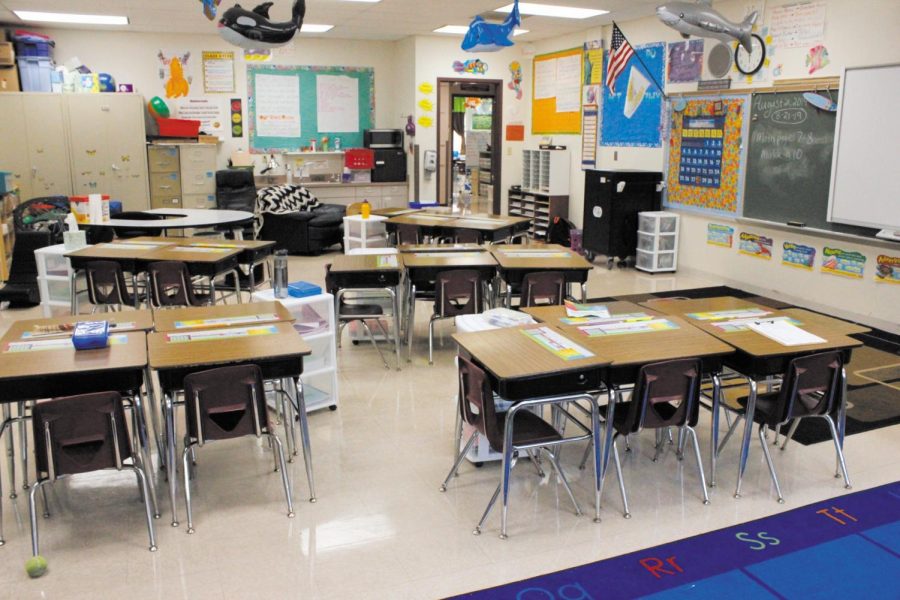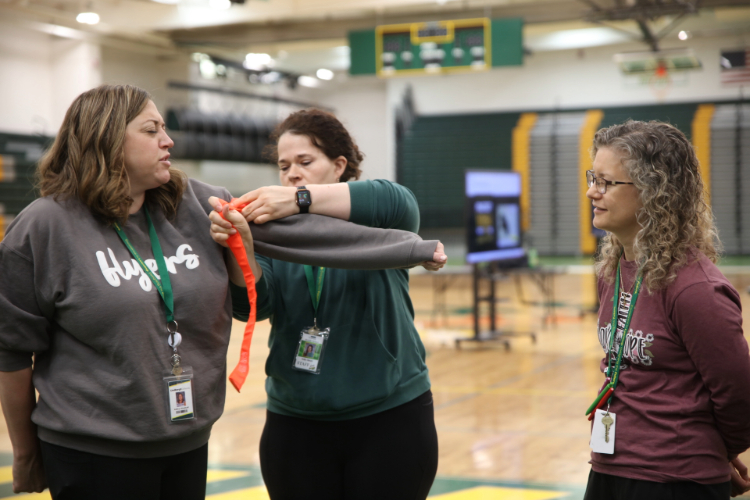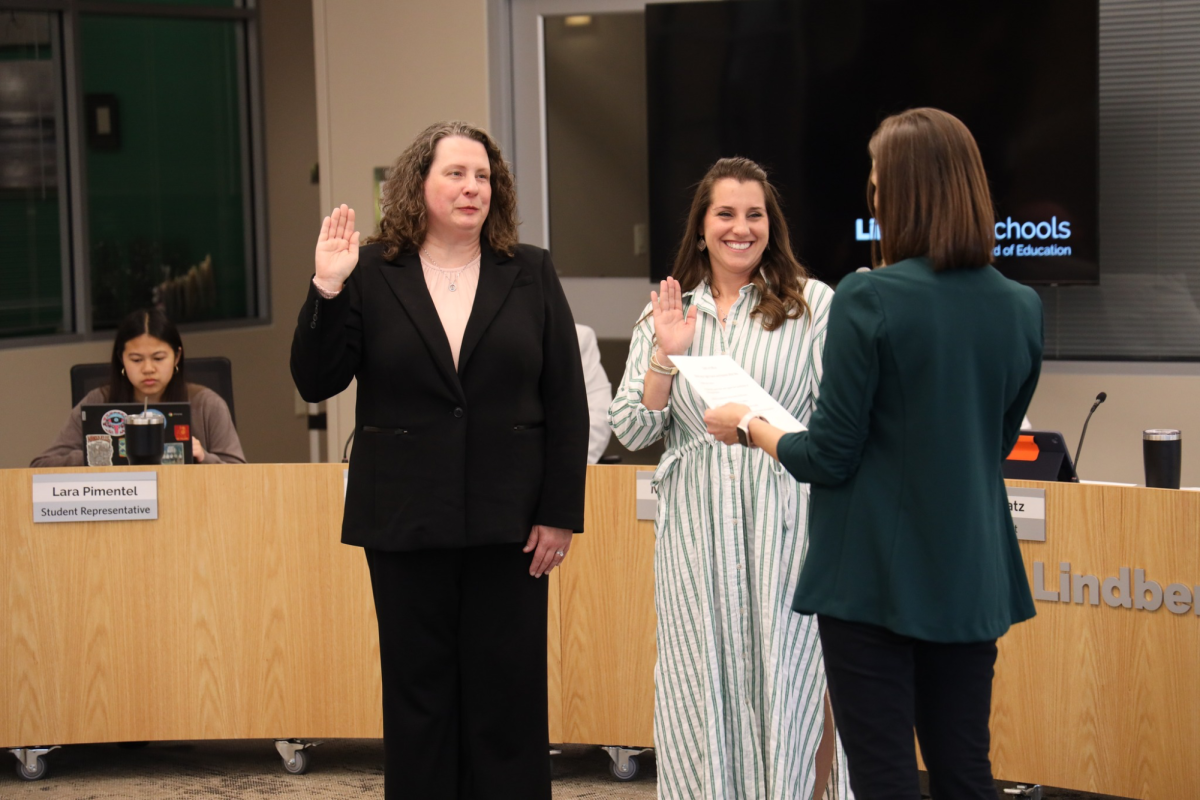JEFFERSON CITY — The Missouri State Board of Education met in a daylong session earlier this week to discuss solutions to problems in “unaccredited” school districts.
Sarah Potter, the board’s communications coordinator, said more than 400 recommendations and comments involving unaccredited school districts within the state have been sent to the Missouri Department of Elementary and Secondary Education, or DESE, for consideration and debate. The department has conducted four public hearings in Kansas City, St. Louis, Sikeston and Springfield.
Monday’s special session was designed to give the board a thorough review of the various components of the plans and to gather feedback from the Board of Education.
“This is a discussion about how to do the business of education better where we have failed,” said Peter Herschend, president of the State Board of Education.
This special session’s goal was to develop policy guidance for the development of a statewide plan.
The achievement gap in this state is still growing, according to DESE’s website.
More than 62,000 of Missouri’s students are enrolled in “unaccredited” or “provisionally accredited” school districts. The average graduation rate for unaccredited districts is 69.9 percent. Additionally, DESE’s website states that impending bankruptcy of unaccredited districts makes the development of a plan imperative. At least one school district would go bankrupt by April if no action is taken to prevent it.
One of the proposed solutions is to create a statewide school district for “unaccredited” districts. Currently, Missouri has three unaccredited school districts: Kansas City and two districts in St. Louis County, Normandy and Riverview Gardens. Missouri has a total of 570 school districts.
Board member John Martin said he believes the best way to create incentive for teachers is to show the rewards of teaching at such schools.
“Most people don’t get into education for pay. If you’re looking to get rich, this is not the place to do it,” Martin said. “I think people get into education for all of the esoteric kinds of things that make us seem dumb. ‘I like to work with children; I want to prepare for the future; I want my work to be meaningful; I want the respect that goes along with doing a good job; I want to see that what I do makes a difference in the world.’
“Those are the kinds of things that people get an education for,” Martin said.
DESE will present its recommendations to the state Board of Education at its Feb. 18 meeting. The public also will have additional opportunities to provide input on the recommendations.



















